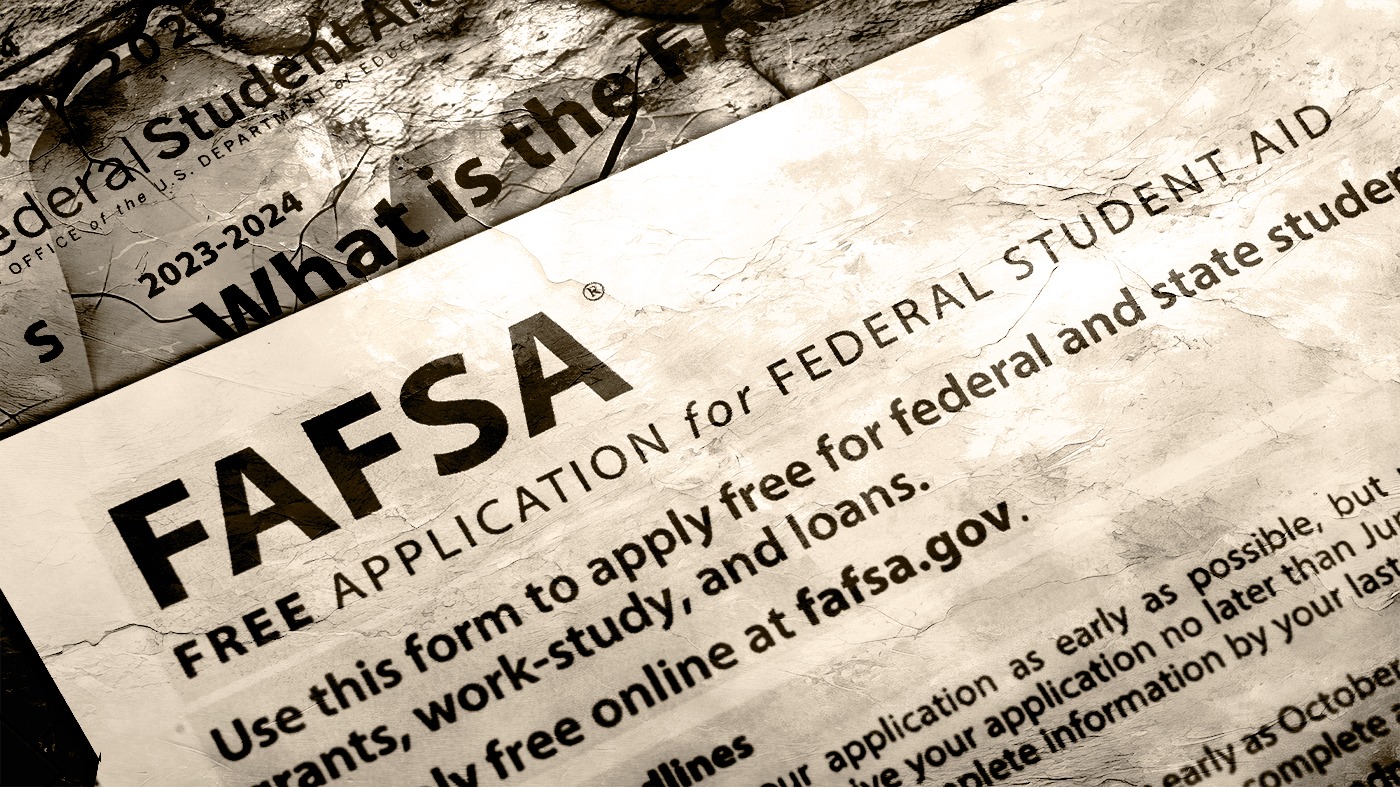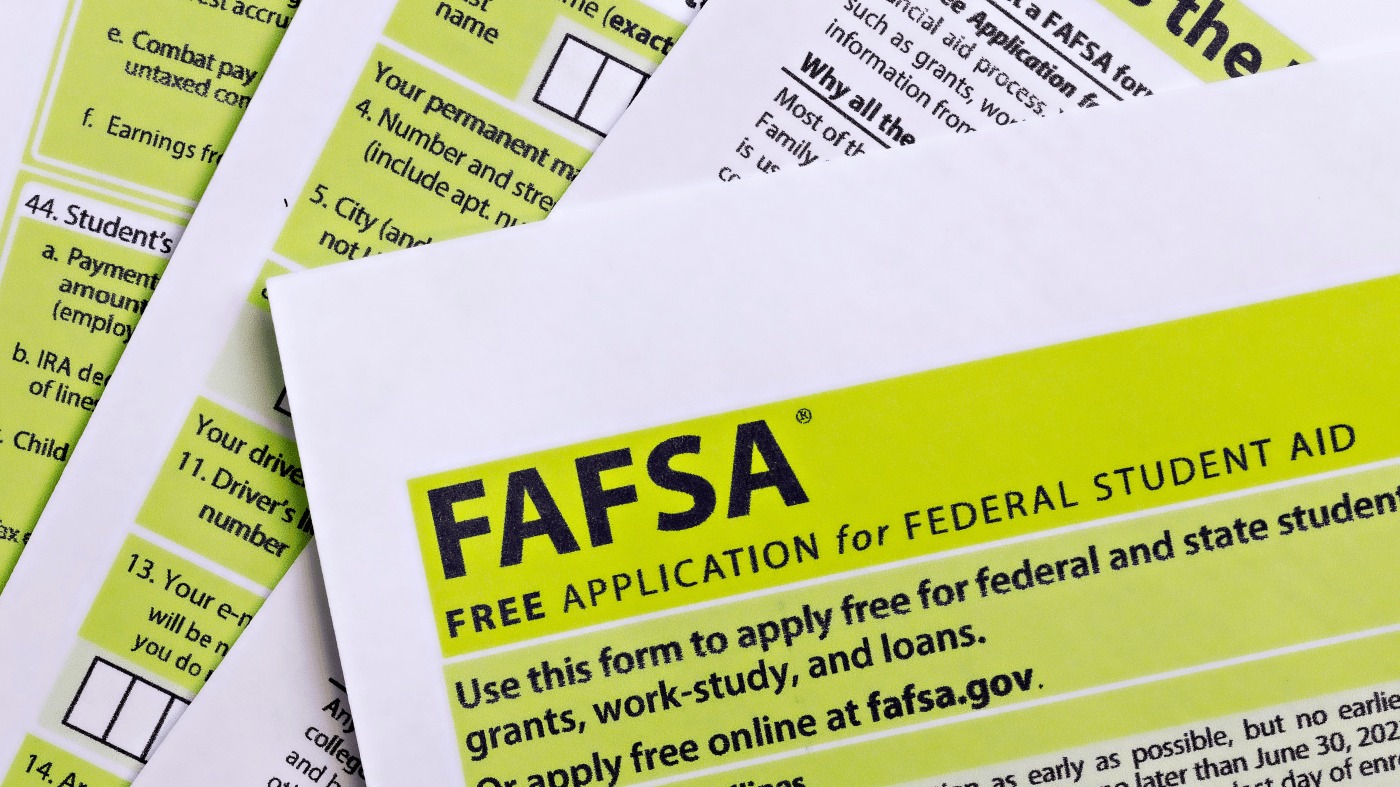The ongoing saga of this year’s Free Application for Federal Student Aid (FAFSA) has encountered another twist. The Department of Education erroneously sent financial aid data to colleges and universities. This mishap potentially exacerbates student delays and places institutions in a challenging position.
Colleges have received instructions permitting them to utilize the faulty student data provided by the department, but only if the error results in students receiving more federal aid than they qualify for, not less.
However, this directive raises important concerns among advocates and institutions alike. Financial aid administrators find themselves in a precarious situation, especially considering that reprocessing forms could lead to students not receiving crucial information of financial assistance until May.

FAFSA Error (Credits: The Hill)
Emmanual Guillory, senior director of government relations at the American Council on Education (ACE), expressed apprehension about this approach.
While the aim is to ensure students receive the necessary financial aid, processing inaccurate information poses ethical and practical challenges. Guillory emphasized maintaining accurate records and avoiding misleading students about their aid eligibility.
The errors have affected hundreds of thousands of applications submitted to schools last month. The Department of Education’s advice to universities to proceed with processing flawed forms has drawn criticism.
Institutions are wary of accepting incorrect data, as it could lead to complications in the future, mainly if subsequent administrations initiate investigations.
The department’s assurance that most issues have been resolved for future applications may offer some relief. Nevertheless, concerns persist about the timeline for financial aid offers. Guillory expressed skepticism about meeting the April deadline, suggesting that students may receive offers after the typical May 1 decision deadline.

Education Secretary Miguel Cardona (Credits: Diverse: Issues In Higher Education)
Education Secretary Miguel Cardona has urged governors to adjust state financial aid timelines and allocate sufficient budgets to support colleges. However, goodwill between the department and schools is waning as institutions grapple with challenging decisions amid ongoing delays.
Delays and technical issues have plagued the FAFSA rollout, exacerbating the challenges colleges and students face. Despite efforts to address these challenges, uncertainties remain, and deadlines continue to be pushed back. Students are experiencing frustration and uncertainty as they await crucial financial aid information.
Karen McCarthy, vice president of public policy and federal relations at the National Association of Student Financial Aid Administrators, highlighted the situation’s complication. Institutions must change carefully to avoid issuing erroneous aid offers while awaiting the resolution of the data discrepancies.
The FAFSA debacle underscores the need for effective communication, swift resolution of technical issues, and support for institutions and students changing the financial aid process.























